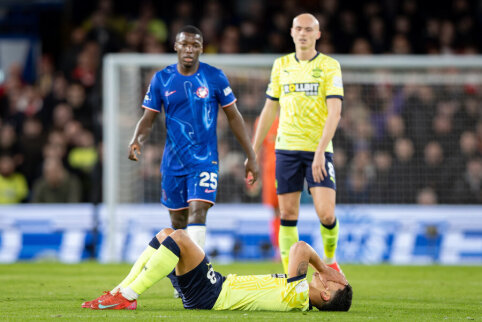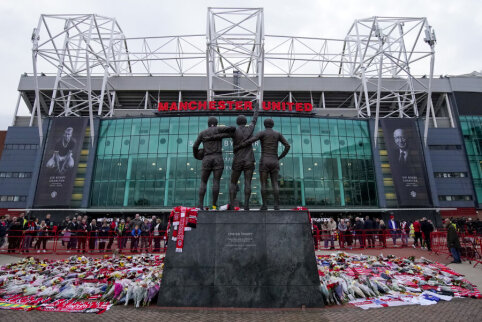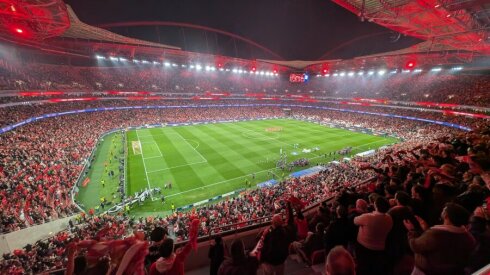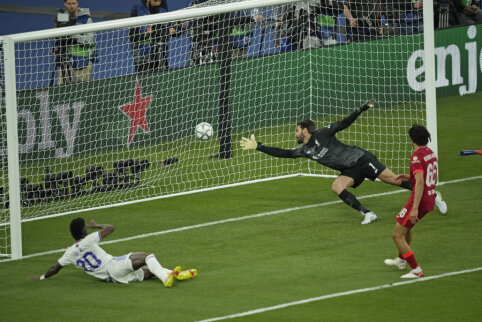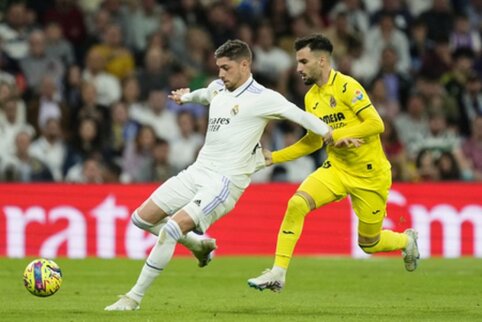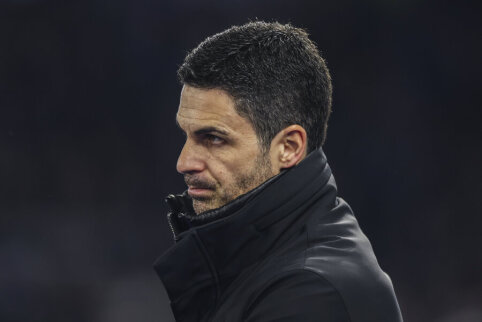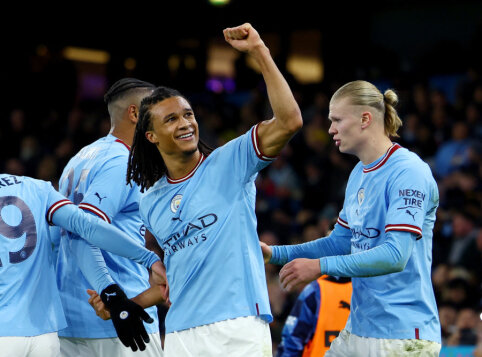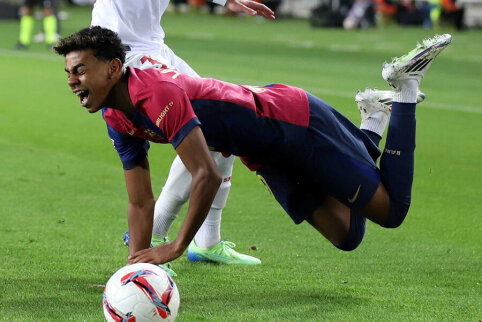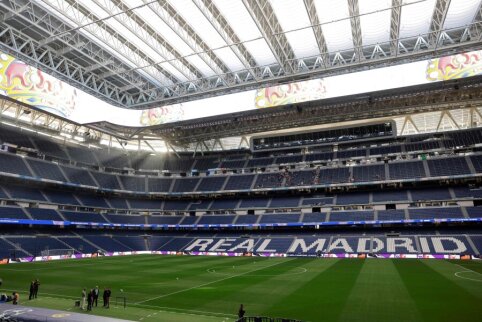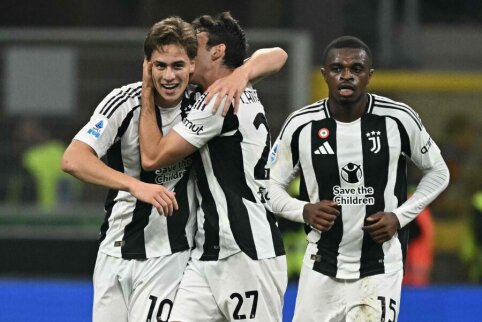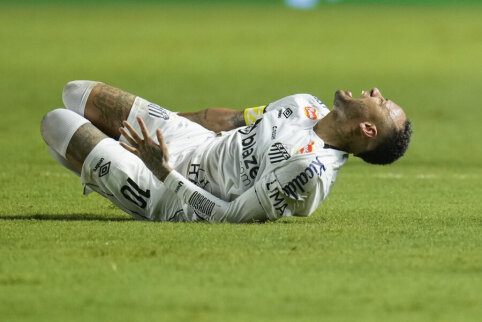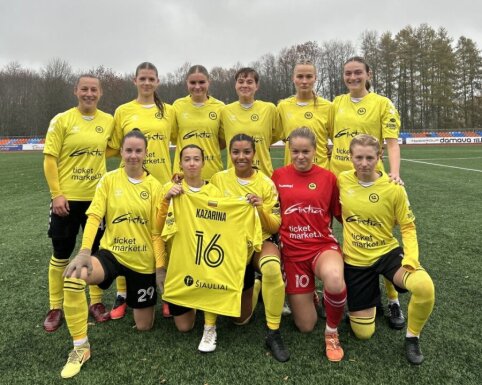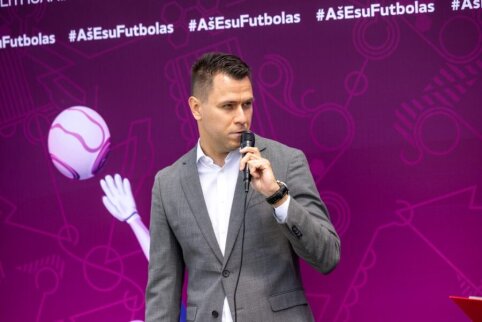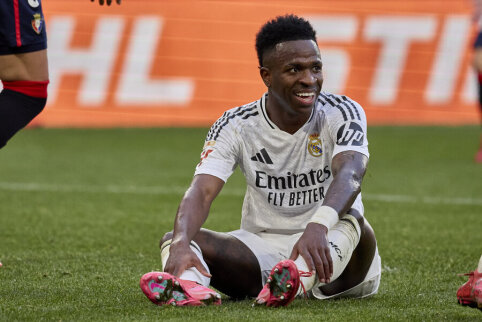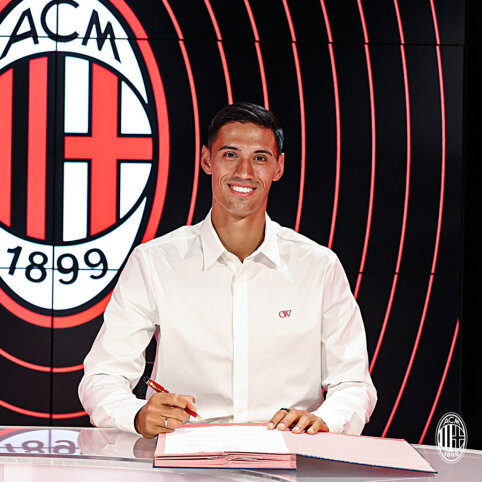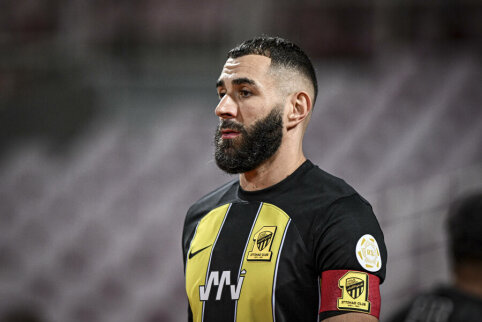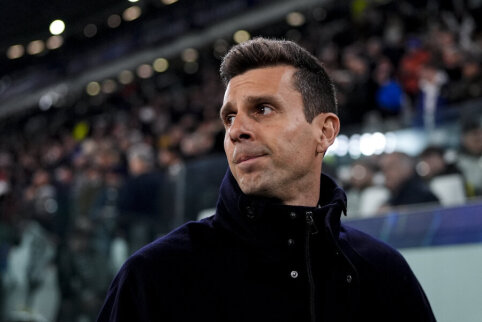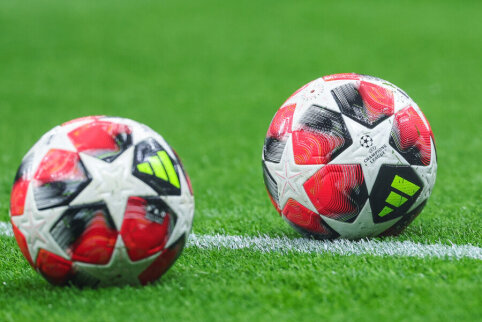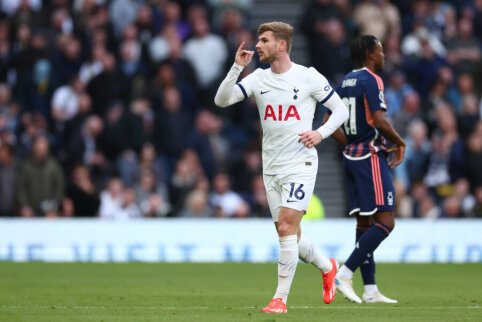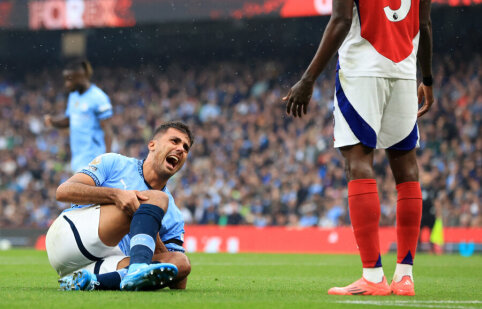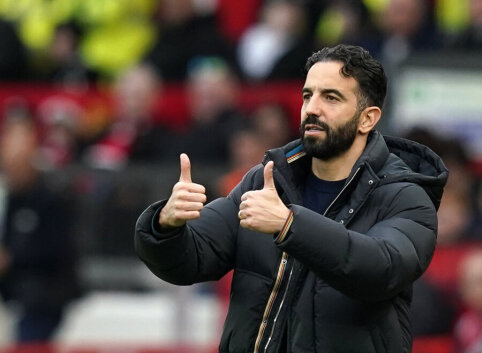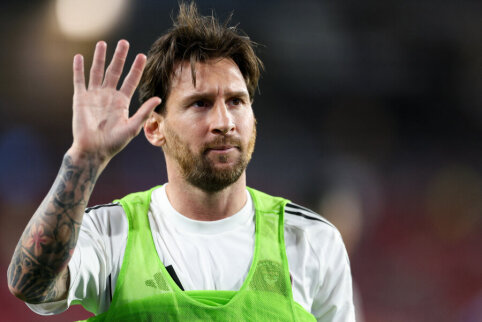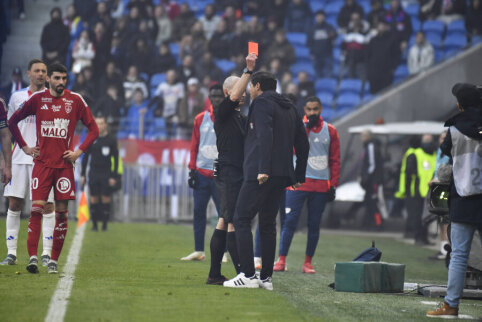
Europe's U-21 football championship, which started on Wednesday, is probably the most powerful youth football tournament in the world. As usual, it features many well-known names among football fans. And as usual, this tournament raises the question of how to deal with those players who have already made their mark in their country's main teams but can still represent the U-21 national team.
Star-studded tournaments
First of all, it should be acknowledged that the tournament currently underway in the Czech Republic doesn't have the same amount of stars as the previous three tournaments.
In 2009, the Germans won the tournament with players like Mesut Ozil, Manuel Neuer, Mats Hummels, Sami Khedira, and others. It should be noted that these players, except for M. Hummels, were already well-known Bundesliga stars. M. Ozil and M. Neuer were already prominent Bundesliga stars back then.
What the Germans did well, the Spaniards did even better, bringing squads to the 2011 and 2013 championships that could confidently go to the World Cup and hope to reach the quarterfinals or even further. Among the players in the Spanish youth team at the time were Thiago, Juan Mata, Javi Martinez, Cesar Azpilicueta, Iker Muniain, and David de Gea. Again, these were not just youngsters, but stars of their clubs.
Such impressive teams in this championship are possible due to the flexible age restriction. Essentially, for U-21 tournaments, the restriction is calculated from the start of the qualifying rounds, i.e., 2 years before the main tournament. Therefore, a significant portion of the players in this tournament are already 22 or even 23 years old. For example, this year in the Czech Republic, all players born on or after January 1, 1992, can compete.
London Arsenal's defender Jack Wilshere, who has been playing at the highest level for what seems like an eternity, can still be considered for this tournament.
Source of discontent
Not everyone is happy that players who spend a lot of time on the field can't properly rest in the summer. It's no wonder that the European U-21 championship often sparks conflicts between national federations and clubs. Especially in England, where insufficient player rest is often cited as the main reason for national team failures.
Without beating about the bush - this year England has the brightest star of the entire U-21 championship - Tottenham Hotspur's striker Harry Kane. He played 54 games last year in all tournaments and scored 31 goals.
This year, H. Kane made his debut in the main England team and scored his first goal in a match against Lithuania. Despite only playing twice so far for the Three Lions, his actions were so high and sharp that he can already be considered an important player in the main team and a potential leader of England's attacks in next year's European Championship.
54 games per season is a huge number. For a player who has endured such a workload, rest is essential to be in peak form the following season. Rest is also needed in odd years in the summer because they will have to go to the European Championships in France next summer.
Tottenham didn't want to send H. Kane to the Czech Republic, and that was understandable. Among other things, after the season, the club went on a post-season tour to Australia, taking H. Kane with them. A provocation against the English Football Association (FA)? Let's put it this way - it's a possible scenario. Flights to another corner of the world likely weren't helpful for the player's physical form. However, the FA was adamant about wanting H. Kane to play in the Czech Republic.
I have to admit that I'm not a fan of the fatigue argument. If you want to play at the international level, you have to understand that tournaments take place in the summer," said England men's national team coach Roy Hodgson.
Rest is needed for everyone
Of course, it can be said that the bodies of top-level athletes have to endure huge loads, but this is a more "romantic" view that has little to do with reality. Nowadays, top-level football requires very good physical preparation, and in addition to hard work, proper rest is also necessary. Without it - players, even if they are very young, will either suffer more injuries or see a decline in their performance.
Before the 2009 European U-21 Championships, Arsenal manager Arsene Wenger asked then-England U-21 coach Stuart Pearce not to invite Theo Walcott to the tournament. The main arguments were that he was already in the main team and needed rest after the season.
As usual, the dispute between the club and the national team was won by the national team, and T. Walcott went to the European U-21 Championship in Sweden. There, England reached the final, where they were beaten 4-0 by the German national team, led by T. Walcott's future teammate M. Ozil.
Arsenal's fears then became a reality - the next season T. Walcott couldn't find his form and was constantly recovering from injuries, costing him a place in the 2010 World Cup. It's not surprising that A. Wenger was angry at the English Football Association.
Similar effects on players are also seen in World and European Championships. However, unlike youth championships, national leagues schedule their matches differently according to these tournaments. For example, the season after the European Championship always starts 1-2 weeks earlier and ends the same amount earlier. And the season after the European Championship will start 1-2 weeks later so that the players who participated will have a bit more rest.
This year, between the final matches of the European U-21 Championship and the start of the club season in England, there are just over 30 days. During that time, the player must rest, withstand physical training to prepare for the new season. The mission is practically impossible.
Unfinished work?
However, there is another side to the coin, especially when talking about H. Kane. First and foremost, the Tottenham striker wanted to represent his country in the European U-21 Championship as he was an important player in the team's qualifying cycle. By not going to the Czech Republic, he essentially cancels out two years of work, although from a rational point of view - it would probably be the right decision.
In this way, H. Kane essentially condemns himself to three years with minimal rest - this year he will have at best two weeks of rest, then the club season awaits, followed by the European Championship, and then another tiring season.
England FA's argument against Tottenham is also very clear - you gave us H. Kane in the qualifiers, give him to us in the championship too. U-21 coach Gareth Southgate wants to rely on the players who brought the team to the Czech Republic. His desire to have H. Kane in the national team is understandable as his work will be judged by how the team performs in the European Championship.
And indeed, G. Southgate remained entirely loyal to his players. Many other famous English footballers, like Alex Oxlade-Chamberlain, Raheem Sterling, or Jack Wilshere, could have played in the England U-21 team, but their candidacies weren't seriously considered. By the way, A. Wenger himself offered J. Wilshere's services to the U-21 team, motivated by the fact that the injured midfielder needed playing practice, and such a tournament would help him regain form.
However, G. Southgate made a cold decision - we don't need J. Wilshere. So it is clear that H. Kane's call-up is more about finishing the work that has been started, rather than assembling the strongest possible team for the youth championship.
Argument - never-ending
Club and national team disputes are probably as old as football itself. Of course, these days they have become even sharper as player salaries and the physical burdens they endure during the season increase.
Interestingly, both sides' arguments are essentially correct. The club pays the player for giving the team as much benefit as possible, not for using their medical facilities.
At the same time, the country is equally interested in winning. Especially when talking about England, where the press crucifies players after every unsuccessful tournament. A good performance is particularly crucial now, as unsuccessful international tournaments follow one after the other.
You can also understand G. Southgate. One could say that the work of youth teams is not about winning laurels on the international stage but about cultivating players for the men's team. But tell that to someone whose job depends on the results they achieve in the European U-21 Championship.
Paulius Viluckas, www.15min.lt
